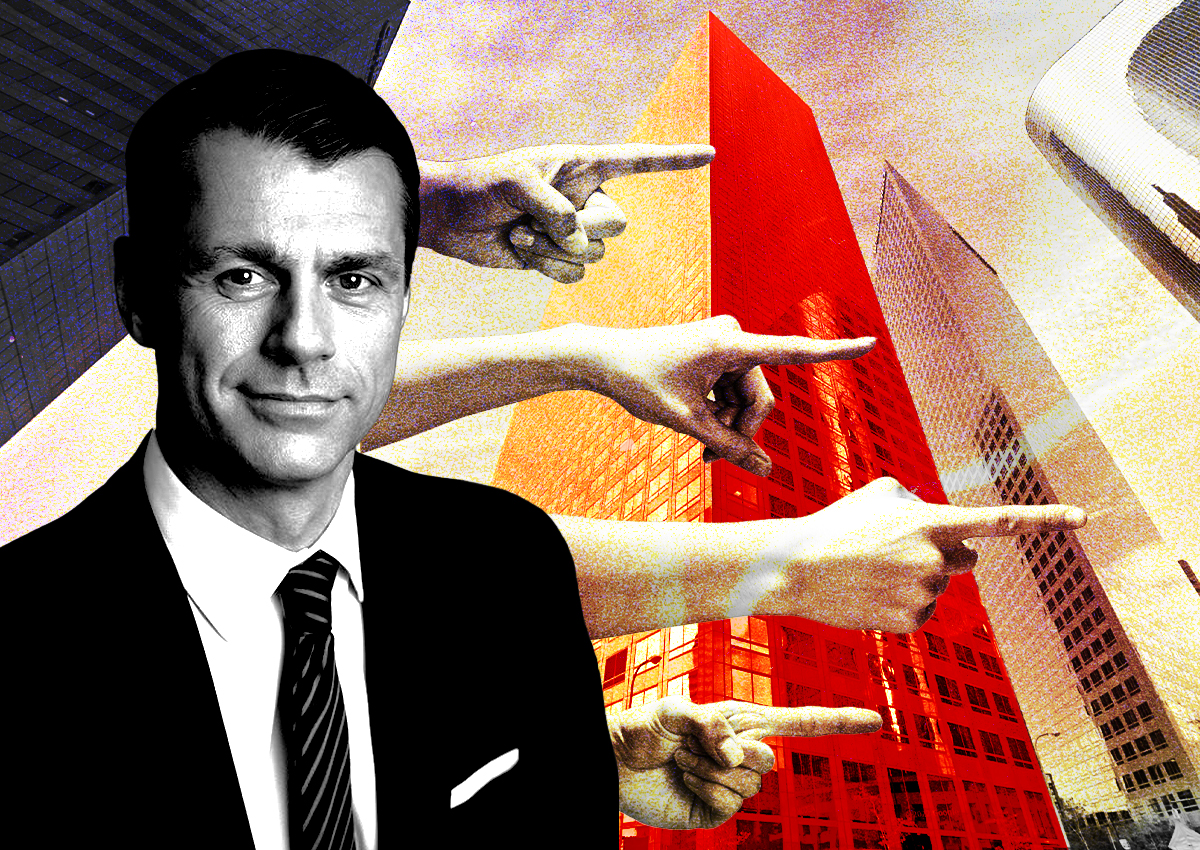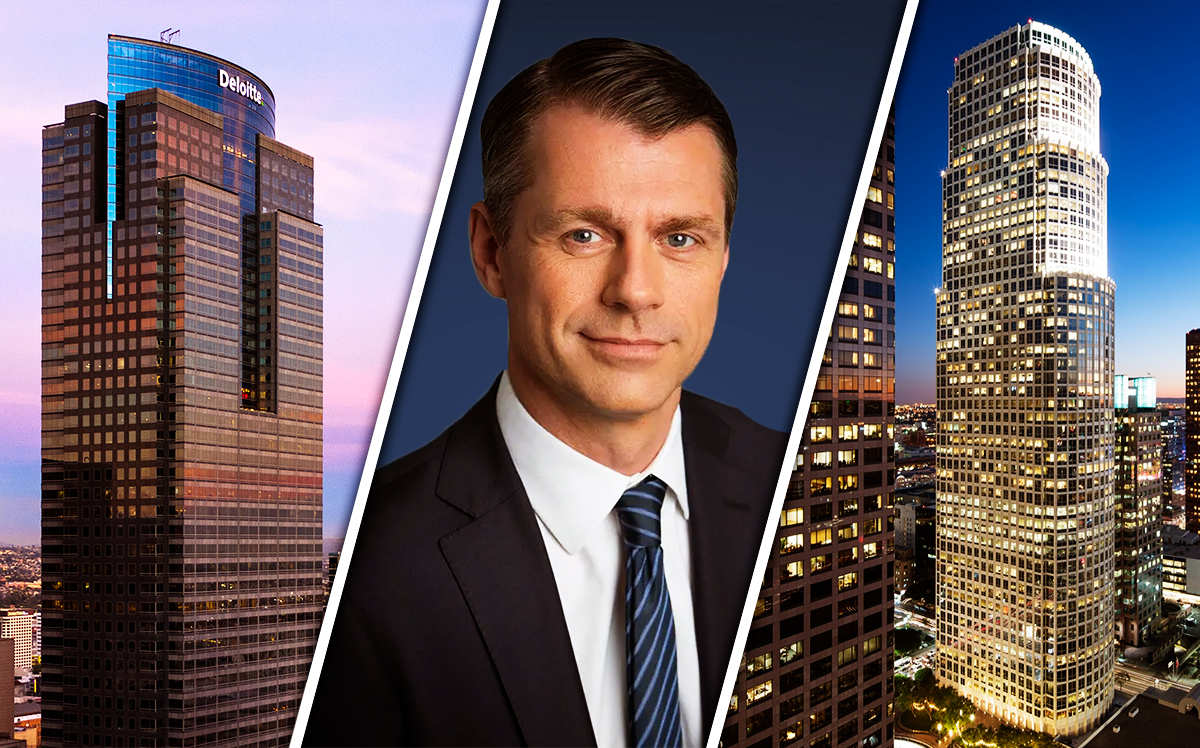The head of Brookfield’s private real estate trust is stepping down — and a familiar face is stepping in to replace him.
Brookfield Real Estate Income Trust announced Tuesday that Brian Kingston, who is already CEO of Brookfield’s real estate business, will also take on leadership of the REIT from Zachary Vaughan, who Brookfield said is leaving to “pursue other business opportunities” and will help with the transition.
Brookfield launched the REIT in 2021 after combining some of its office and multifamily properties with a separate portfolio it had assumed upon acquiring Oaktree Capital Management in 2019.
The move was designed to compete with private REITs operated by Blackstone and Barry Sternlicht’s Starwood Capital Group at a time when investors were flocking to such vehicles.
That was then. Private REITs have faced heightened scrutiny over their asset valuations in recent months, pushing more and more investors to try to pull out their money. Blackstone and Starwood reportedly received inquiries from the Securities and Exchange Commission in December after moving to limit investors’ withdrawals from their respective real estate trusts.
Last month, investors sought to redeem another $4.5 billion from Blackstone’s trust, but the firm only allowed about 15 percent, or $666 million, to be withdrawn, Bloomberg first reported.
Brookfield’s REIT has not experienced the same wave of redemption requests, but it still has its challenges. It reported a net loss of $39.2 million last year and a loss of $34.4 million attributable to shareholders.
At the end of last year the REIT owned 18 properties, plus 480 single-family rental homes and one unconsolidated interest in a real estate joint venture. Around half of its portfolio is multifamily, according to its annual report. It also owned 79 investments in real estate-related debt and securities with a fair value of about $333 million as of December.
Read more


Brookfield, which developed the 7 million-square-foot Manhattan West complex, is one of the largest owners of real estate in the country. But like other commercial landlords, it’s been hurt by high interest rates and remote work.
The private equity firm’s Downtown Los Angeles holding fund reported a bleak picture in its annual report this week, stating that the cash generated by its Downtown L.A. portfolio “is not sufficient to cover its investing and financing activities, including upcoming debt obligations, leasing costs and capital expenditures.”
